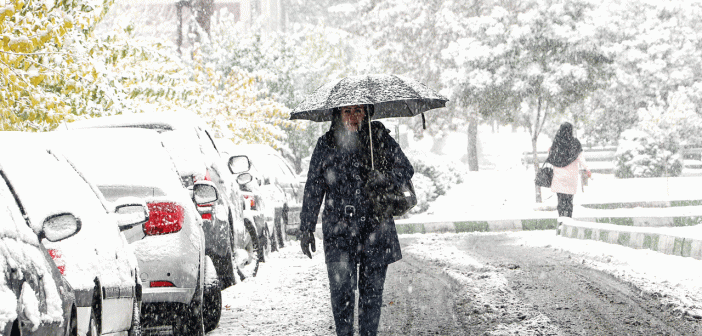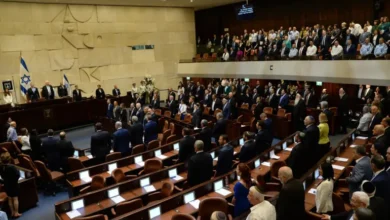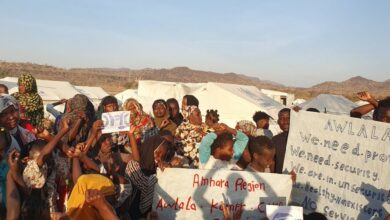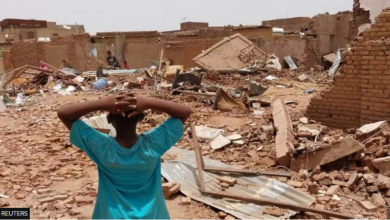Despite its huge reserves, shortage in the distribution of heating gas in Iran

The frost wave, which hits about two-thirds of Iranian provinces, has caused the suspension of official working hours and the closure of schools and universities, while the Meteorological Authority has issued warnings in red of heavy snowfall in a number of provinces, and others in orange warning of heavy rains and torrential rains.
About 20 provinces – out of 31 Iranian provinces – are witnessing these days snowfall and strong depressions, which meteorologists say will continue until next Sunday, stressing that the city of Freeman (northeast of the country) was the coldest, with a record of 29 degrees below zero, and many Other cities witnessed temperatures ranging between 20 and 25 below zero.
After many Iranian provinces were clothed in white, the Water Resources Department stated that snow now covers about 183,000 square kilometers, more than 11% of the country’s geography, and that the snow thickness has increased by 89% compared to last year.
With temperatures dropping in most Iranian provinces to below zero, the national gas network began to suffer from a drop in pressure, especially in the northeastern provinces of the country, which recorded very low temperatures of minus 20 degrees.
For his part, the Director of the Strategic Center for Gas, Mohammad Reza Goulaei, announced that the provinces of North and South Khorasan, Razavi, Golestan and Mazandaran are facing a critical situation in providing gas for domestic consumption, warning of an exacerbation of the crisis during the next few days if the pace of consumption continues as it is.
Although Iranian Persian-speaking media published reports of gas outages for thousands of users in those provinces, as well as many fuel stations out of service, the National Gas Company says it decided to cut off gas for users who consume large amounts of fuel.
In order to ensure the provision of gas for domestic consumption during the cold seasons, the Iranian government took a decision, weeks ago, to cut it off from industrial sectors, including petrochemicals, cement factories and power stations.





